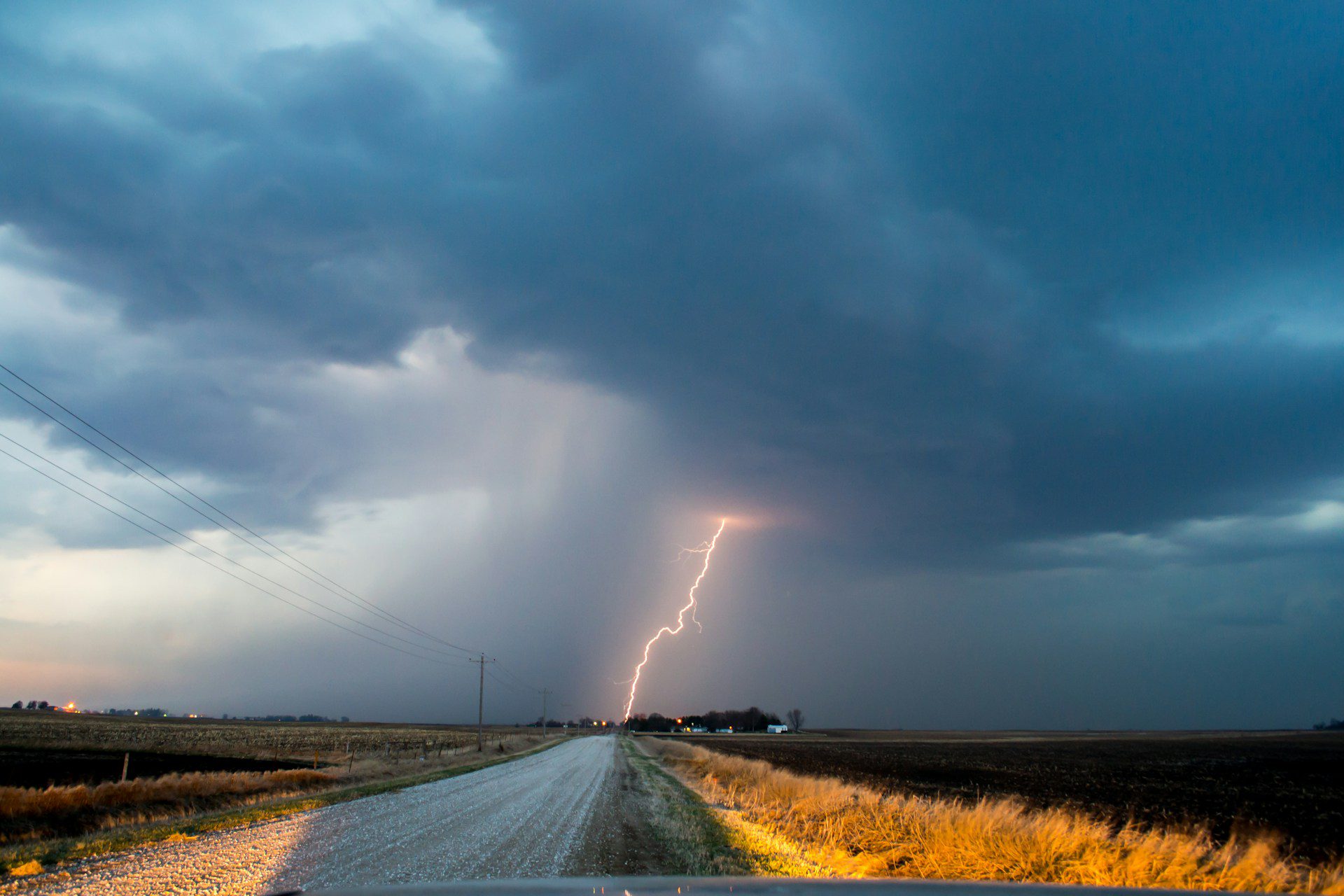
The Migrant Workers Who Follow Climate Disasters
A growing group of laborers is trailing hurricanes and wildfires the way farmworkers follow crops, contracting for big disaster-recovery firms, and facing exploitation, injury, and death.
Bellaliz Gonzalez had never heard of Midland, Michigan, before a white van dropped her off there in late May, 2020. The journey from her home in Miami, with twelve colleagues, had taken around twenty-two hours. She arrived to a region devastated by a recent flood: cracked roads, collapsed bridges. Gonzalez, a fifty-four-year-old asylum seeker from Venezuela, with neatly coiffed auburn hair, prided herself on remaining calm in dangerous situations. In Venezuela, she had worked as an environmental engineer and run several of the country’s national parks. But for the past three years, living in the U.S., she had turned to manual labor to make money. Earlier that week, she had been recruited to work with a franchise of a disaster-restoration company called Servpro, to help Midland recover. She carried her go bag, which contained steel-toed boots, thick jeans, and gold hoop earrings that helped her feel elegant while doing backbreaking work. At the job site, she received a neon-yellow vest that featured Servpro’s name on the back, and the words “Safety Starts with You.”
Gonzalez and her colleagues had rushed to Midland after a torrential downpour—the effects of Tropical Storm Arthur—had burst through two hydroelectric dams. Governor Gretchen Whitmer described the damage as “unlike anything we’ve seen in five hundred years.” Eighteen inches of water flooded the local courthouse; vehicles from a nearby vintage-car museum escaped, belly-up, from the destroyed showroom. Whitmer declared that restoring the region would be a “herculean undertaking.” Some twenty-five hundred buildings needed repairs. Particularly urgent, given the surging pandemic, were conditions at a hospital in the city, MidMichigan Medical Center–Midland, where one of the I.C.U.s had lost power.
Gonzalez is part of a new transitory workforce, made up largely of immigrants, many undocumented, who follow climate disasters around the country the way agricultural workers follow crops, helping communities rebuild. She’d addressed damage inflicted by hurricanes, fires, floods, and tornadoes across seven states, scrubbing mildew blooms and clearing pools of toxic sludge from universities, factories, and airports. The work seemed meaningful and occasionally made her feel like a lucky tourist: she sometimes stayed in the shambles of beachside resorts she couldn’t otherwise afford. But it felt risky, too. In 2019, in Santa Rosa Beach, Florida, after Hurricane Michael, she gutted the insulation of a home without proper protective gear and felt little pieces of fibreglass cutting her skin. The same year, in the aftermath of Hurricane Florence, she helped demolish a serpentarium in North Carolina; the former owner, an eccentric herpetologist, had been murdered by his wife in the adjoining apartment. On the walls of the exhibits, placards had warned visitors of the effects of snake venom: “The bitten extremity swells to massive proportions . . . and your eyes weep blood.” Now the threat was the foul-smelling dust kicked up by the demolition, which left her coughing and wheezing.
